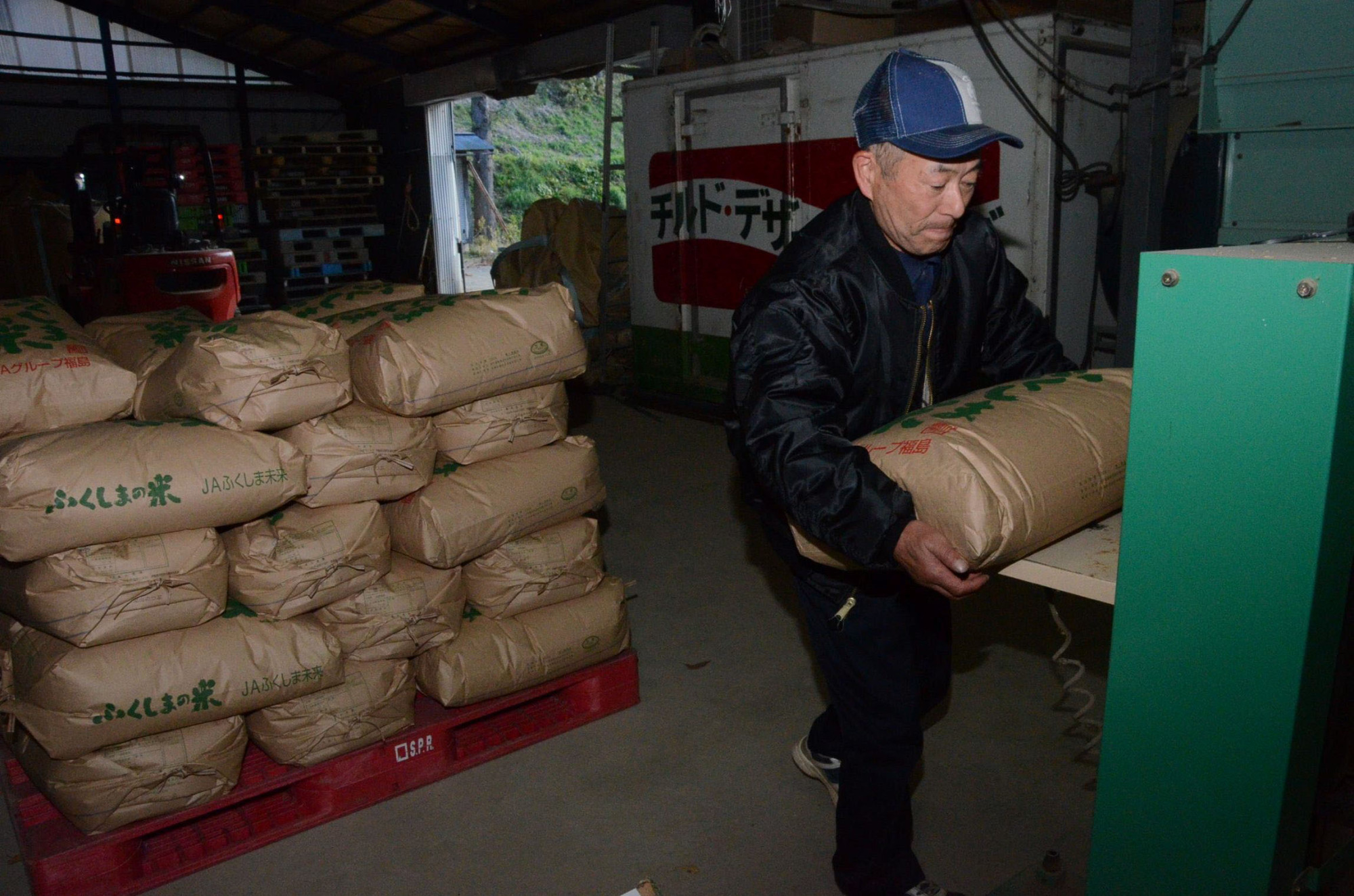In light of the 2011 Fukushima nuclear crisis, the Fukushima Prefectural Government is hoping to find a new, faster and easier way to certify the safety of homegrown rice to ease the burden on local farmers.
The blanket radiation-screening method used in Fukushima is not known for being quick and efficient, yet the government and farmers are stuck with it for the time being until an alternative that is equally assuring to consumers can be found.
Struggling to counter misinformation about locally grown produce stemming from the core meltdowns at the Fukushima No. 1 nuclear power plant in 2011, farmers are looking to the globally recognized Good Agricultural Practice system, a third-party standard that certifies adherence to the standards recommended by the U.S. Food and Drug Administration. The farmers hope GAP can help convince consumers that their products are safe, and holders of GAP certification are rising nationwide.



















With your current subscription plan you can comment on stories. However, before writing your first comment, please create a display name in the Profile section of your subscriber account page.